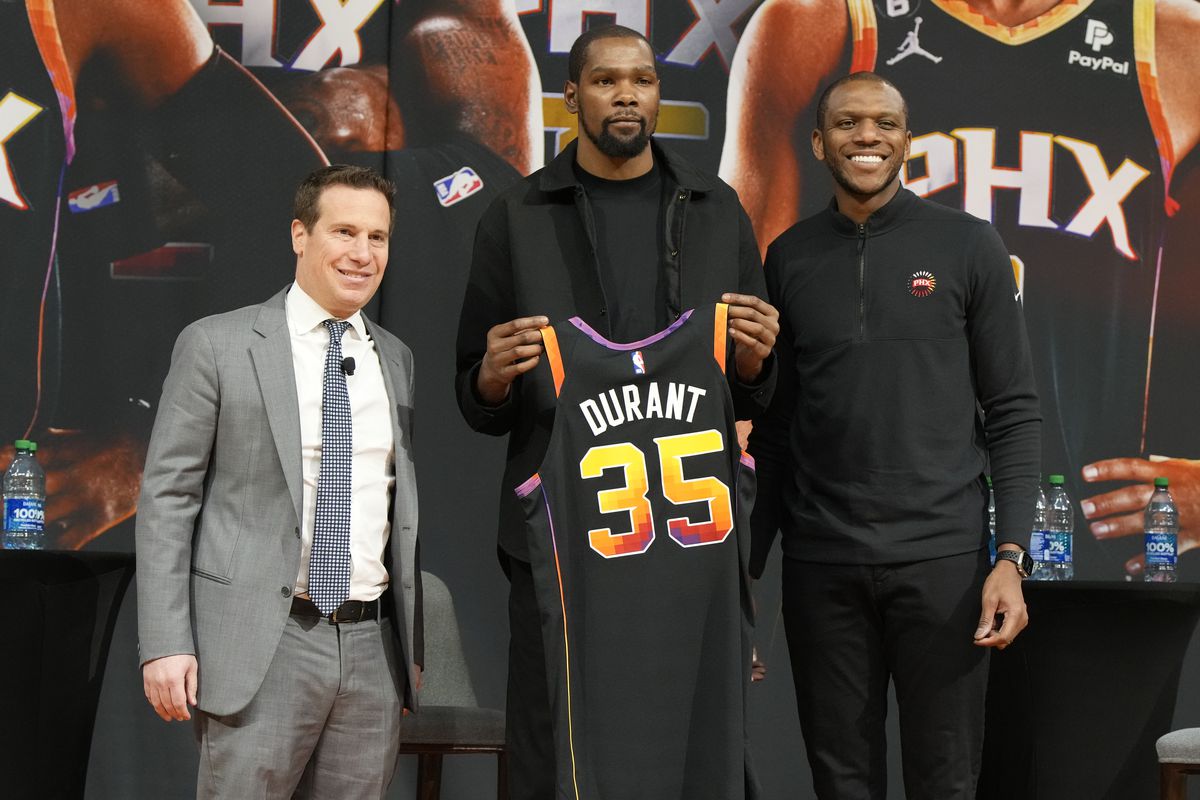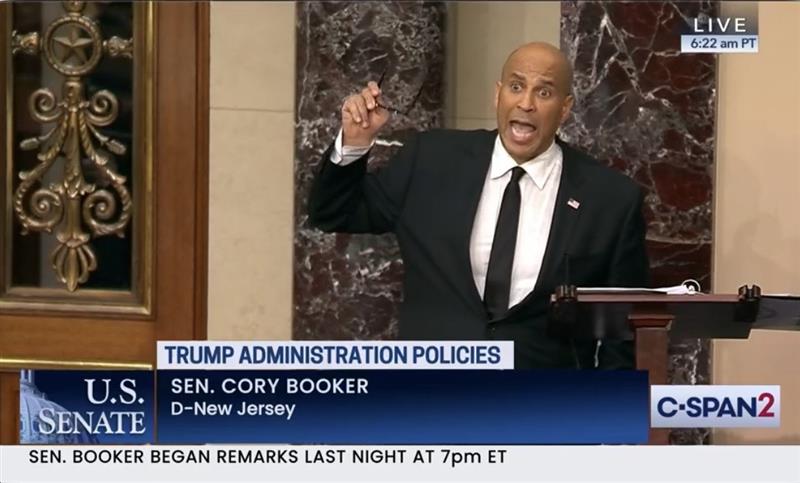Black Unemployment Rate Rises As Overall Unemployment Falls
The numbers, while a crescendo on the rising unemployment numbers of Black Americans dating back to December 2023, have not yet risen to the point of alarm for experts.

After the Department of Labor released its jobs report for March, the data revealed that the unemployment rate for Black Americans took a jump. The numbers, while a crescendo on the rising unemployment numbers of Black Americans dating back to December 2023, have not yet risen to the point of alarm for experts.
As CNBC reports, Black unemployment in March came in at 6.4%, an increase from the 5.4% figure in February. By contrast, the unemployment rate for white Americans was 3.8% for March.
The numbers for Black women reflected the overall increase; their numbers appear to drive the overall unemployment increase among Black Americans. The unemployment numbers for Black women went up to 5.6%, a marked increase from the 4.4% rate posted in February. Black men’s numbers, meanwhile, remained stable, although elevated. The numbers for Black men in March came in at 6.2%, a slight increase from the 6.1% rate in February.
Elise Gould, a senior economist at the Economic Policy Institute, told CNBC that although the numbers are something that is concerning, she is not yet alarmed. In addition, she told the outlet that unemployment numbers by race and sex can be volatile from month to month. These figures represent a ratio of 1.55 to one, according to data from the Bureau of Labor Statistics.
“That’s a concerning trend. I would say it’s not alarming yet, but I think it’s something that we really need to watch in coming months.” Gould also contextualized the rising numbers, adding, “People are looking for more opportunities, not all of them are getting them, and that’s why the unemployment rate is rising.”
In 2022, Neel Kashkari, the president and CEO of the Federal Reserve Bank of Minneapolis, told Vox’s Noel King on an episode of the outlet’s Today Explained podcast that the gap in unemployment between Black and white Americans is persistent no matter what the larger state of the economy is.
“The 2X problem is this persistent, pernicious gap where Black Americans face twice the unemployment as white Americans, no matter what kind of an economy we have, a booming economy or a recession. It’s pervasive and pernicious, and we have to address it.”
According to Valerie Wilson, program director at the Economic Policy Institute, the lack of employment equity is a racial and economic justice issue. Wilson told ABC News, “There is no other relationship in the labor market that is nearly this consistent and stable. Employment equity is essential to racial and economic justice because work is essential.”
Wilson added, “It’s people’s ability to provide for themselves and their families.”
Economists use a shorthand explanation for what happens to Black workers during an improving economic landscape–“Last one hired, first one fired.”
As Christian Weller, a professor of public policy at the University of Massachusetts at Boston who studies racial disparities in employment, told ABC News: “Discrimination still exists. Employers in the past that may have stereotyped or discriminated against African Americans are more willing to hire,” Weller said. “The ratio is coming down a bit but you have to squint.”
RELATED CONTENT: U.S. Unemployment Benefit Applications Declining, Signaling Robust Job Market












